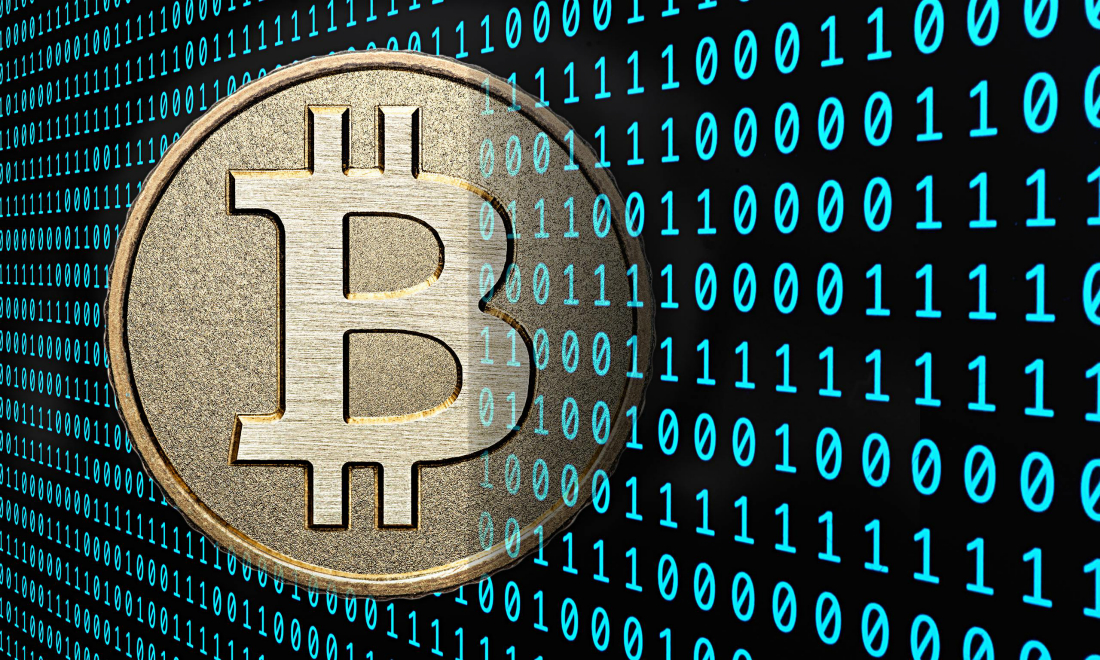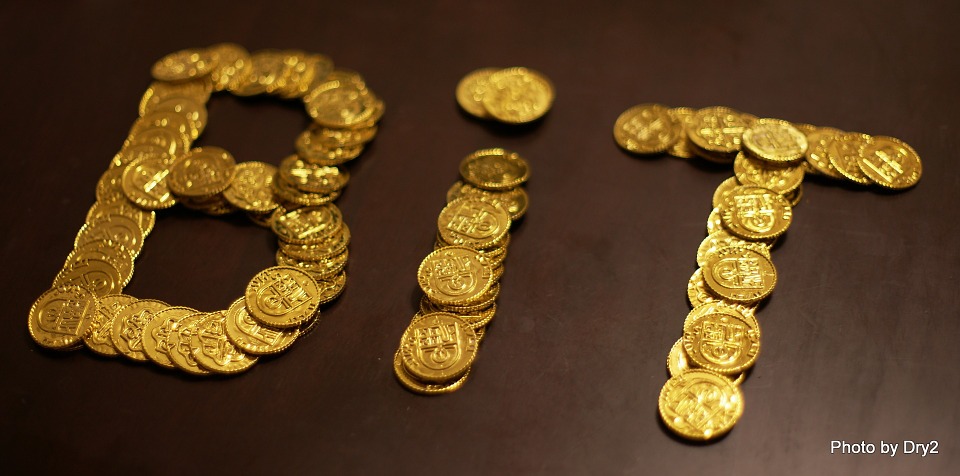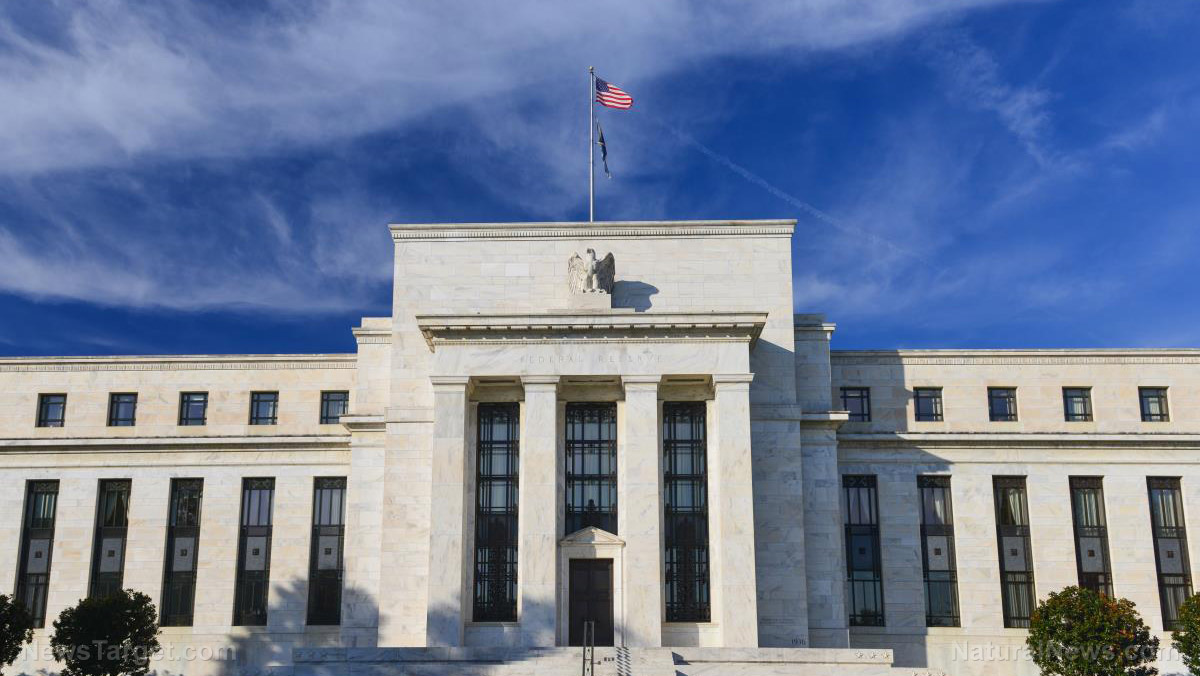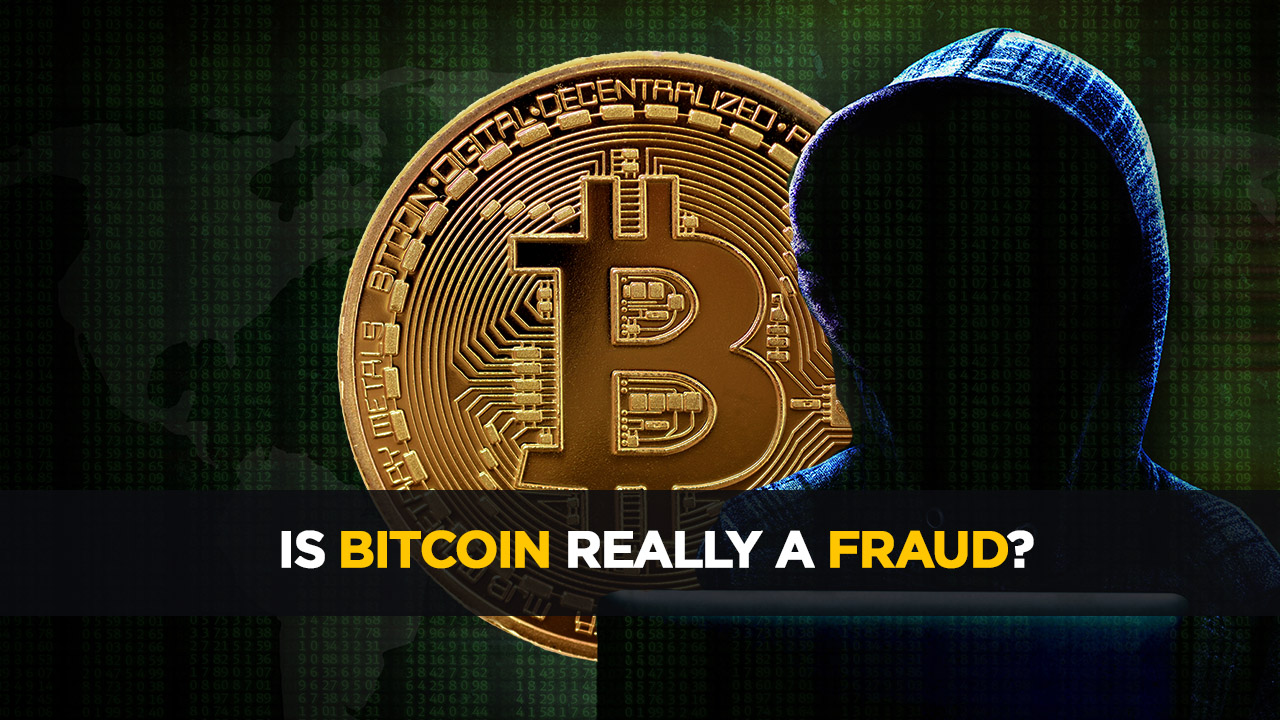Feds claim that buying and selling large amounts of Bitcoin without a license is illegal in the United States due to “money transmitting business registration” laws
11/17/2017 / By Ethan Huff

A Michigan man by the name of Bradley Anthony Stetkiw has run into some serious trouble with local authorities after he tried to sell several hundred thousand dollars’ worth of Bitcoin online. According to the Feds, Stetkiw’s actions in selling the cryptocurrency supposedly violate laws that prohibit the operation of an “unlicensed money transmitting business,” for which selling Bitcoin in high amounts apparently qualifies.
Charges filed in local district court say that the 52-year-old man had been running a Bitcoin exchange through a website called “LocalBitcoins” that facilitates the buying and selling of Bitcoin locally before he was apprehended. Government officials are claiming that Stetkiw needed to acquire a license, also known as getting the government’s permission, before engaging in this alleged “business venture,” which he apparently did not do. So they set up a sting operation in which federal agents purchased various amount of Bitcoin from Stetkiw on six separate occasions until he met the “anti-money laundering” regulatory threshold.
Reports indicate that Stetkiw had already sold about $150,000 worth of Bitcoin prior to the Feds launching their sting operation. After these same Feds purchased another $56,000 in Bitcoin from Stetkiw, they facilitated his crossing of the $200,000 threshold, resulting in his swift arrest and indictment for failing to obtain a government stamp of approval before conducting his private affairs.
Stetkiw committed no crime against anyone; he simply failed to pay the government ‘mafia’ its cut of the profits
Based on what we know about the case, Stetkiw didn’t harm anyone, steal their property, or in any other way commit an egregious act that would be deserving of such a fate. He simply bought and sold Bitcoin like millions of other people do – though he did so in high volume, which obviously caught the attention of the Feds who wanted their cut of the profits.
Stetkiw’s only “crime,” in other words, was failing to comply with the obscure money transmitting business registration requirements that are apparently outlined in Title 31 of the United States Code, Section 5330. What this suggests is that this was purely a case of rogue government officials using a technicality to nab an honest, hard-working man of his money and property.
Because Bitcoin is so new to the financial scene, there’s no preexisting precedent to determine how Bitcoin transactions are to be handled under the law. Nobody could have guessed, in other words, that buying and selling large amounts of Bitcoin over a certain threshold – in this case $200,000 worth – requires a special permit, and yet Stetkiw was treated with the full brunt of this largely unknown law.
He isn’t the only one, either. As of this writing, there are several other cases ongoing in which independent, United States-based Bitcoin sellers are being targeted, arrested, and taken down simply for conducting Bitcoin transactions online. The implications of this are dire for the rest of the Bitcoin world, which will now have to pore through every letter of the law to try to figure out what they may or may not be doing “illegally” without knowing it.
“The government really dislikes it when people make a living by conducting moral business practices without paying for their permission to do so,” writes Mac Slavo for SHTFplan.com. “These arrests also suggest what many have feared for years: the government is attempting to take down bitcoin using nefarious means since they cannot figure out how to regulate the cryptocurrency.”
Some people believe that Bitcoin is currently in the throes of a massive speculative bubble. For the latest news on the rise and fall of Bitcoin, stay tuned to Bubble.news.
Sources for this article include:
Tagged Under: arrest, bitcoin, cryptocurrency, economics, fascism, government mafia, money laundering, obscure laws, permits, totalitarianism, transactions












